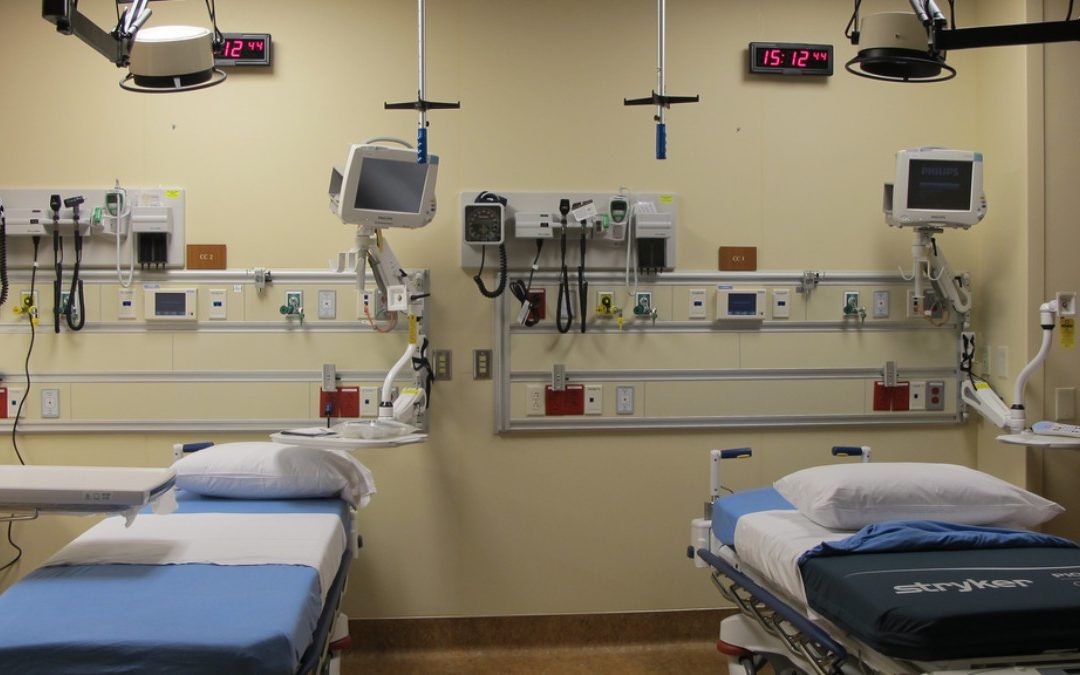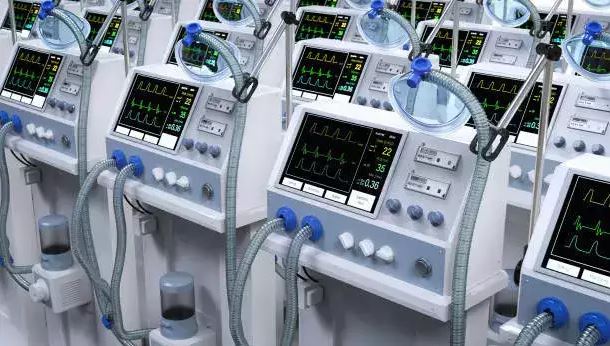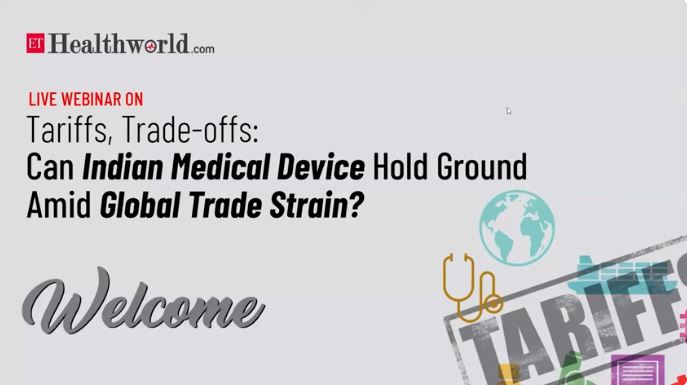The second draft of the medical devices regulations, which were notified by the Union health ministry on Wednesday, four months after the first draft was issued, have once again drawn industry flak. The fresh rules, while dividing the medical devices into four groups on the basis of risk, have capped their shelf life at five years. Companies, mostly multinationals (MNCs), protested saying the rules were too stringent, citing global norm of 10-year validity for medical devices.
Among other guidelines, the new draft wants companies to specify manufacturing date along with expiry date on packaging. This move, according to MNCs, will restrict import of devices into India.
Overall, the import laws for medical devices have been made tougher. For instance, the licensing authority will not allow import of any medical device, whose total shelf-life claim is less than three months and if it has less than 40 per cent residual shelf-life as on date of import.The draft rules also highlight the need for the government regulating the medical devices sector due to the inherent risk. But, industry has opposed that too, saying companies should be able to self-regulate.According to Pavan Choudary, director-general of the newly formed Medical Technology Association of India, the draft does not reflect the various discussions that took place between industry and the government. He told Business Standard: “Draft rules are giving a conflicting signal and do not convey the spirit of discussions held with the health ministry.”
Speaking on the issue of shelf-life, an executive at a foreign manufacturing company asked, “While global norms allow shelf life up to 10 years, why should India have a shelf life that is half of that?” Some domestic manufacturers joined in, saying medical devices should have a much higher shelf life than five years, as the draft states.
The tightening of the import laws for medical devices may help domestic players though. Rajiv Nath of Association of Medical Devices Industry in India said the draft was “against the whole concept of Make in India”. He said, “Why should companies that are already approved by the quality standards check have to go through further scrutiny? Why should the CDSCO (Central Drugs Standard Control Organization) keep monitoring us? CDSCO does not have the capability to keep a check on quality. They should allow self-regulation.”
Nath also argues that manufacturers should get two to three years’ transition period for capacity building for implementing these medical devices rules.




